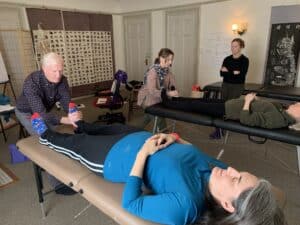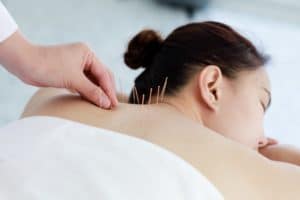Peripheral neuropathy is a painful condition that develops when nerves are damaged by injury or illness. The peripheral nervous system connects the nerves from the brain and spinal cord (the central nervous system) to the rest of your body. When damage to the peripheral nervous system occurs, the central nervous system (CNS) may not receive messages or signals from the affected area. According to the National Institutes of Health, neuropathy disruption can happen in three ways: the loss of normal signals, inappropriate signaling, or errors distorting the message. Symptoms range from mild to severe, depending on the nature and degree of damage to the affected nerves. Sometimes, the underlying causes can be addressed to help alleviate peripheral neuropathy or to keep it from progressing. Western medical treatments include medications, and surgeries, but these methods are not always successful and may carry unwanted side-effects or other risks. Preliminary research indicates that acupuncture may offer much-needed relief from several peripheral neuropathy symptoms.
Symptoms of Peripheral Neuropathy
When nerves are damaged or destroyed, they become less efficient at—or unable to—transmit messages to or from the central nervous system. For instance, they may send pain signals for no apparent reason or fail to send a pain signal when an injury occurs. Symptoms vary greatly depending on the extent of nerve damage, and whether the nerves are motor, sensory or autonomic. Common symptoms include tingling sensations, sharp pains, buzzing or shocking sensations, feeling weak or heavy, and gastrointestinal issues.
Causes of Peripheral Neuropathy
Peripheral neuropathy can develop for many reasons. The most common cause of mononeuropathy (damage to a single nerve) is physical trauma from an injury or accident. Arthritis, herniated vertebral disc, and carpal tunnel syndrome can also cause mononeuropathy, when a nerve is trapped or compressed.
Polyneuropathy involves damage to multiple nerves, and is usually related to other systemic health problems. The leading cause of polyneuropathy is diabetes. Other conditions that may cause polyneuropathy include autoimmune conditions (multiple sclerosis, rheumatoid arthritis), vascular problems that decrease blood flow, autoimmune conditions triggered by infection (Guillain-Barre syndrome), hormone imbalances, liver and kidney damage, tumors, chemotherapy drugs, and infectious disease (shingles).
Smoking, alcoholism and nutritional imbalances are key contributors to developing peripheral neuropathy.
Western Treatment Options for Peripheral Neuropathy
Western medicine tends to rely on medication to help people with peripheral neuropathy find relief from their symptoms. Over-the-counter (OTC) pain medications, such as Tylenol or Advil, may offer temporary relief, but heavy usage can lead to liver or stomach damage. Prescription medications like narcotics, antiepileptic drugs, antidepressants, and corticosteroid injections may also ease painful symptoms, but they often carry undesirable side effects. Other treatment options, such as transcutaneous electronic nerve stimulation (TENS), offer a non-pharmaceutical approach to pain management, but it does not work for everyone. In some cases, surgery may help to correct the nerve damage, but surgery poses its own set of safety risks.
How Acupuncture Can Provide Effective and Lasting Relief
Acupuncture has been steadily gaining popularity in the U.S. as an effective pain management therapy for peripheral neuropathy. According to one systematic review and meta-analysis of fifteen studies exploring the efficacy of acupuncture on improving nerve function, “acupuncture is effective in diabetic neuropathy, Bell’s palsy, and CTS [carpal tunnel syndrome]…and may be effective in HIV-related neuropathy.” Nerve conduction studies showed both motor and sensory improvement with acupuncture, and the results were sustained for up to 13 months. A possible mechanism of action is that acupuncture needles exert a direct effect on nerves and surrounding neural tissue.
Another study revealed that people with diabetic peripheral neuropathy who participated in a fifteen-day acupuncture treatment program experienced significant improvement in reducing numbness, pain, rigidity and restoring motor and sensory function. While more comprehensive research needs to be conducted to solidify these findings, the results show promise in acupuncture’s ability to provide effective and lasting relief.
To schedule an initial consultation with an experienced Portland acupuncturist, call Inner Works Acupuncture today at (503) 227-2127.




